The views expressed in our content reflect individual perspectives and do not represent the authoritative views of the Baha'i Faith.
People of faith often pray for their leaders and their governments—that is, for good governance.
This venerable practice dates back to King Solomon’s prayer for his own good governance in Psalm 72—the first of only two biblical psalms by King Solomon himself (see also Psalm 127). Later on, the prophet Jeremiah advocated the practice of praying for one’s government—even under oppressive conditions:
And seek the peace of the city whither I have caused you to be carried away captives, and pray unto the Lord for it: for in the peace thereof shall ye have peace. – Jeremiah 29:7.
I’ve been thinking more about prayers for good governance in the Baha’i context recently, for several reasons. First, in my book, God & Apple Pie: Religious Myths and Visions of America, the chapter on “Jewish Myths and Visions of America” focuses on various Jewish prayers for the American government.
For that particular chapter, I relied heavily on the work of Jonathan D. Sarna, widely considered to be one of the foremost scholars on the history of American Judaism. God & Apple Pie includes this fascinating anecdote:
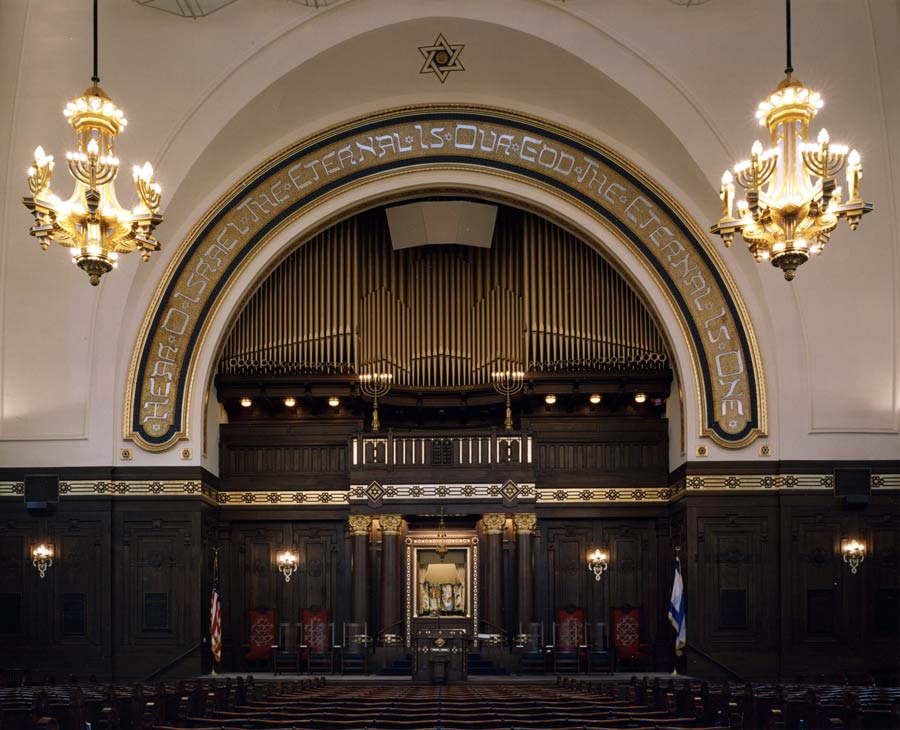
Interior of the main sanctuary of Rodef Shalom synagogue in Pittsburgh, Pennsylvania, with American and Israeli flags flanking the bimah (elevated podium from which the sacred Torah scroll is read aloud during a synagogue service). Published as the frontispiece to God & Apple Pie: Religious Myths and Visions of America (2015).
In 2008, Sarna wrote a book of advice, A Time to Every Purpose: Letters to a Young Jew. Early in the book, Sarna recounts that his wife, Ima, as a little girl, used a Passover haggadah (“the telling” of Exodus, recited on the first two nights of Passover) prepared by Dr. J. Leonard Levy, her grandfather’s rabbi, in Pittsburgh. Dr. Levy was rabbi of Rodef Shalom Congregation from 1901–1917. Rabbi Levy’s 39-page haggadah was nontraditional. It called for placing an American flag on the seder (ritual and ceremonial dinner) table. Part of the ritual included this remarkable liturgical dialogue:
Child: Where do we find civil, political, and religious liberty united today?
Reader: Here in America. The fathers of this country fought against oppression that here all men should be free and equal before the law; free to worship God as their conscience dictated. To us the United States of America stands as the foremost among nations, granting the greatest liberty to all who dwell here. Therefore we grace our table with the National flag. . . .
The Pilgrim Fathers landed here inspired by Israel’s wandering to go out even to the wilderness and worship God. The immortal Declaration of Independence is the Great Charter announced before Pharaoh by Moses. The Abolitionists are the product of the Bible . . . The Fourth of July is the American Passover. Thanksgiving is the American Feast of Tabernacles.
It is therefore quite in keeping with the service this evening to pledge our country. In raising this third glass of wine to our lips, let us pray that God will ever protect our land, that here liberty may forever dwell, that peace may abide within her borders and prosperity within her homes.
This Passover haggadah is something of a Jewish “toast to America.” – Buck, God & Apple Pie, p. 147.
It was Rabbi Levy himself who, in fact, invited Abdu’l-Baha to come to Pittsburgh, where he spoke on Tuesday, May 7, 1912 at the Hotel Schenley. The day before, on May 6, 1912 in Cleveland, Abdu’l-Baha made this remarkable prophecy regarding America’s future destiny:
The American continent gives signs and evidences of very great advancement; its future is even more promising, for its influence and illumination are far-reaching, and it will lead all nations spiritually. – Abdu’l-Baha, The Promulgation of Universal Peace, p. 104.
Baha’u’llah encourages Baha’is to pray for their rulers, who, in the nineteenth century, were principally kings and queens, and who held absolute sway over their subjects:
O ye the loved ones and the trustees of God! Kings are the manifestations of the power, and the daysprings of the might and riches, of God. Pray ye on their behalf. He hath invested them with the rulership of the earth and hath singled out the hearts of men as His Own domain. – Baha’u’llah, Tablets of Baha’u’llah, pp. 220–221.
For Baha’is, this teaching of Baha’u’llah applies today. Based on this explicit text, Baha’is should, with respect to their leaders and government officials, “Pray ye on their behalf.”
At present, however, I’m not aware of any such universal Baha’i prayer for good governance. I have no doubt that such a prayer exists. But, in the meantime, I propose the following:
On August 24, 2017, BahaiTeachings.org published, for the very first time, a recently authorized translation of “A Prayer for the confirmation of the American Government.”
This prayer is remarkable for the fact that it does not specifically refer to America itself, except for the title, written in English, on the archival, original text of this prayer. It could be argued that the middle paragraph may have America specifically in mind. For that reason, if you abbreviate this prayer by removing the middle paragraph, the resulting prayer becomes universal in scope, and can apply—or at least ideally apply—to every government on Earth today:
O my God! O Thou Who endowest every just power and equitable dominion with abiding glory and everlasting might, with permanence and stability, with constancy and honour! Aid Thou by Thy heavenly grace every government that acteth justly towards its subjects and every sovereign authority, derived from Thee, that shieldeth the poor and the weak under the banner of its protection.
I beseech Thee, by Thy divine grace and surpassing bounty, to aid this just government, the canopy of whose authority is spread over vast and mighty lands and the evidences of whose justice are apparent in its prosperous and flourishing regions. Assist, O my God, its hosts, raise aloft its ensigns, bestow influence upon its word and its utterance, protect its lands, increase its honour, spread its fame, reveal its signs, and unfurl its banner through Thine all-subduing power and Thy resplendent might in the kingdom of creation.
Thou, verily, aidest whomsoever Thou willest, and Thou, verily, art the Almighty, the Most Powerful. – Abdu’l-Baha, “A Prayer for the confirmation of the American Government.” Authorized translation released by The Universal House of Justice.
Until such time as a universal prayer for good governance is located in the Baha’i texts, and until such further time as an authorized translation is made available, in the interim, this newly authorized translation may serve a dual purpose—as a prayer for America in its full form; and as a universal Baha’i prayer for good governance in its abbreviated form.
Note that this prayer is expressed in an ideal way. In a very real sense, this prayer sets forth certain preconditions for good governance, in that “every government” should act “justly towards its subjects” and “every sovereign authority” should shield “the poor and the weak under the banner of its protection.” Ideally, any government, if acting with good governance, can aspire to better “protect its lands” and to “increase its honour” and “spread its fame”—to thereby “reveal its signs” and “unfurl its banner” by virtue of its just reputation and good name.
Baha’is should—and often do—pray for their governments. Praying for one’s government also means praying for good governance—they are one and the same thing, in fact.
Shoghi Effendi, after all, stated that “a sane and intelligent patriotism” is perfectly in keeping with the Baha’i teachings, as well as upholding “the allegiance and loyalty of any individual to his country,” so long as national loyalties give way to a “wider loyalty” to all of humankind:
It [the Baha’i Faith] calls for a wider loyalty, which should not, and indeed does not, conflict with lesser loyalties. It instills a love which, in view of its scope, must include and not exclude the love of one’s own country. It lays, through this loyalty which it inspires, and this love which it infuses, the only foundation on which the concept of world citizenship can thrive, and the structure of world unification can rest. It does insist, however, on the subordination of national considerations and particularistic interests to the imperative and paramount claims of humanity as a whole, inasmuch as in a world of interdependent nations and peoples the advantage of the part is best to be reached by the advantage of the whole. – The Promised Day Is Come, p. 122.
Baha’i support for “a sane and intelligent patriotism” includes—or can and even should include—praying for the welfare of one’s national government, and for divine assistance in the government’s exercise of good governance. Each of us can do our part in helping our respective governments to act “justly towards its subjects” and to shield “the poor and the weak under the banner of its protection”—and to make this world a better world.


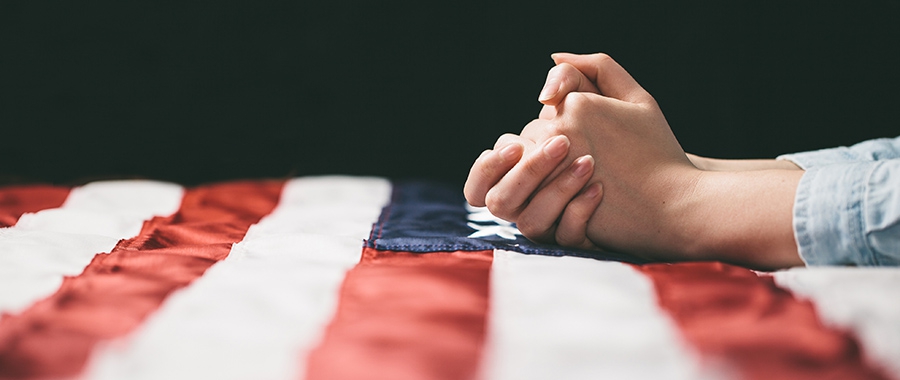

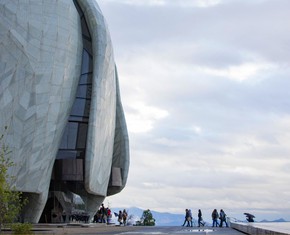

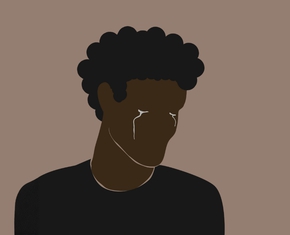







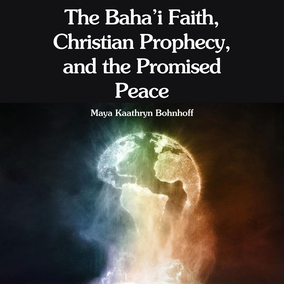

Comments
Sign in or create an account
Continue with Googleor